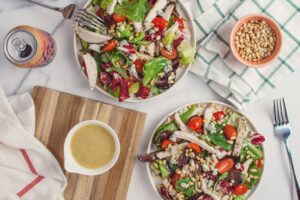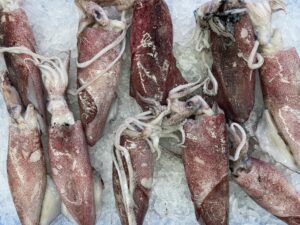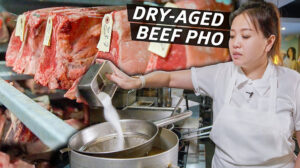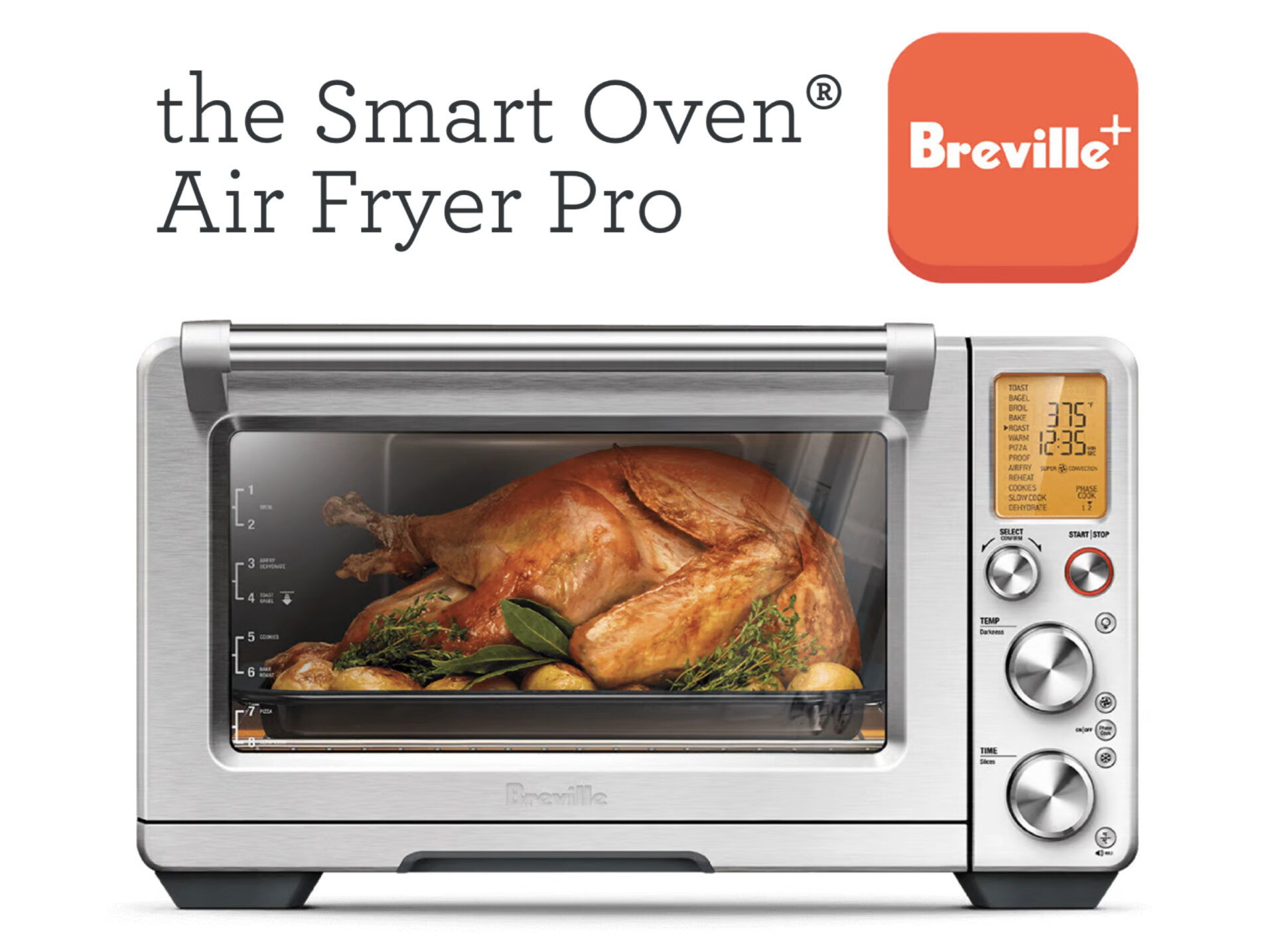
When you make purchases through our links we may earn a small commission.

Photo Credit: Jason Briscoe
Put It On Your Wall: CanvasOnDemand.com
Support thesmokingchair.com through Patreon.
Recovering from severe perforated diverticulitis requires careful attention to dietary choices to promote healing and prevent further complications. A diet that is gentle on the digestive system, rich in nutrients, and easy to digest is crucial during this recovery period. Here are 20 great meals tailored to support individuals on the path to recovery from severe perforated diverticulitis.
Great Meals for Severe Perforated Diverticulitis
Chicken and Vegetable Broth: A soothing and nutrient-packed broth with lean chicken, carrots, celery, and a hint of ginger can provide essential vitamins and minerals while being gentle on the digestive tract.
Salmon with Quinoa: Rich in omega-3 fatty acids and protein, baked or grilled salmon served with fluffy quinoa is a light yet nourishing option.
Mashed Sweet Potatoes: Easy to digest and packed with vitamins, mashed sweet potatoes can be a great side dish, providing energy without causing digestive distress.
Spinach and Egg Scramble: Soft scrambled eggs combined with sautéed spinach offer a protein and iron boost while being easy on the stomach.
Baked Chicken Breast with Herbs: Boneless, skinless chicken breast seasoned with gentle herbs and baked to perfection is a lean protein source that aids in the healing process.
White Rice with Steamed Vegetables: Easily digestible white rice paired with steamed carrots, zucchini, and peas creates a well-balanced and gentle meal.
Turkey and Rice Congee: Congee is a rice porridge that can be easily customized with lean turkey and a variety of well-cooked vegetables, providing comfort and nutrition.
Vegetable Stir-Fry with Tofu: A light stir-fry with colorful vegetables and tofu provides essential nutrients and is easy on the digestive system.
Baked Cod with Lemon and Herbs: Cod is a mild-flavored fish that, when baked with lemon and herbs, becomes a delightful and easy-to-digest protein option.
Pumpkin Soup: Pumpkin soup is not only delicious but also easy on the stomach, offering a dose of vitamins and minerals.
Greek Yogurt Parfait: Layered Greek yogurt with soft fruits like berries and a sprinkle of granola provides a tasty and nutritious option for breakfast or a snack.
Oatmeal with Banana and Almond Butter: Oatmeal is a fiber-rich, gentle option when topped with ripe banana slices and a dollop of almond butter for added flavor and nutrients.
Cottage Cheese and Pineapple Bowl: Cottage cheese paired with fresh pineapple chunks creates a light and protein-packed snack.
Roasted Vegetable Medley: Roasting vegetables like bell peppers, zucchini, and cherry tomatoes with a drizzle of olive oil offers a flavorful and easily digestible side dish.
Lentil Soup: Lentils are a good source of protein and fiber, making lentil soup a hearty yet gentle meal for recovery.
Baked Apples with Cinnamon: Soft-baked apples sprinkled with cinnamon make for a comforting and naturally sweet dessert or snack.
Steamed Asparagus with Lemon: Asparagus is a nutrient-dense vegetable that, when steamed and seasoned with lemon, adds a refreshing element to your meals.
Smoothies with Berries and Spinach: Blending a mixture of berries, spinach, and a banana with a base of yogurt or almond milk creates a nutrient-packed and easy-to-consume smoothie.
Soft Tofu and Vegetable Stir-Fry: Soft tofu is a gentle protein source, and when stir-fried with easily digestible vegetables, it becomes a flavorful and nutritious option.
Chia Seed Pudding: Chia seeds soaked in almond milk and topped with soft fruits like mango or kiwi make for a delightful and fiber-rich dessert or breakfast option.
Turkey and Vegetable Casserole: Lean ground turkey mixed with soft, cooked vegetables like carrots and zucchini, baked with a light broth for added moisture.
Baked Acorn Squash with Quinoa Stuffing: Halved acorn squash filled with a quinoa stuffing that includes gentle herbs, finely chopped vegetables, and lean protein like shredded chicken.
Egg Drop Soup: A simple and soothing soup made with beaten eggs slowly poured into hot broth, providing protein without the need for tough ingredients.
Soft Scrambled Tofu with Spinach: Tofu scrambled until soft and combined with sautéed spinach, offering a plant-based protein option that’s easy on the stomach.
Shredded Chicken and Rice Porridge: Slow-cooked rice porridge with shredded chicken, ginger, and a touch of soy sauce for a comforting and easily digestible meal.
Baked Cod with Mashed Butternut Squash: Mild white fish like cod baked with a squeeze of lemon, served alongside mashed butternut squash for a nutrient-dense and soft-textured dish.
Quinoa and Vegetable Stir-Fry: Quinoa stir-fried with a medley of soft vegetables like bell peppers, mushrooms, and snap peas, lightly seasoned for flavor.
Creamy Carrot and Ginger Soup: A velvety soup made with pureed carrots, a hint of ginger, and a touch of low-fat dairy or non-dairy alternative for creaminess.
Soft Chicken and Vegetable Tacos: Soft tortillas filled with shredded, well-cooked chicken, and gently sautéed vegetables like bell peppers and onions.
Mashed Cauliflower with Grilled Chicken: Mashed cauliflower, seasoned with herbs and served with grilled chicken breast, providing a low-carb alternative to traditional mashed potatoes.
Foods and habits to avoid with diverticulitis
Managing severe perforated diverticulitis involves avoiding certain foods and habits that may exacerbate symptoms or hinder the healing process. Here’s an extensive list of things to avoid:
High-Fiber Foods:
- Whole grains
- Nuts and seeds
- Popcorn
- Raw vegetables and fruits with skins
Spicy Foods:
- Hot peppers
- Spicy sauces and condiments
High-Fat Foods:
- Fried foods
- Fatty cuts of meat
- Full-fat dairy products
Gas-Producing Foods:
- Beans and lentils
- Cruciferous vegetables (broccoli, cauliflower, cabbage)
- Carbonated beverages
Dairy:
- Whole milk
- Cream
- High-fat cheeses
Processed Foods:
- Processed meats (sausages, bacon)
- Convenience foods with additives and preservatives
Caffeine:
- Coffee
- Tea
- Energy drinks
Alcohol:
- Beer
- Wine
- Spirits
Tough or Stringy Meats:
- Tough cuts of meat
- Jerky
Seeds and Pits:
- Avoid seeds in fruits and vegetables
- Remove pits from fruits
Tough Skins:
- Peel fruits and vegetables to remove tough skins
- Peel fruits and vegetables to remove tough skins
Spices and Condiments:
- Strong spices (cayenne, black pepper)
- Hot sauces and spicy condiments
Artificial Sweeteners:
- Some people may find artificial sweeteners cause discomfort
- Some people may find artificial sweeteners cause discomfort
Large Meals:
- Opt for smaller, more frequent meals to avoid overloading the digestive system
- Opt for smaller, more frequent meals to avoid overloading the digestive system
Dried Fruits:
- Dried fruits can be high in fiber and may cause discomfort
- Dried fruits can be high in fiber and may cause discomfort
High-Sugar Foods:
- Excessive sugar may disrupt gut balance
- Excessive sugar may disrupt gut balance
Tobacco:
- Smoking can contribute to digestive issues and hinder healing
- Smoking can contribute to digestive issues and hinder healing
Stress and Anxiety:
- Manage stress, as it can impact digestive health
- Manage stress, as it can impact digestive health
Inadequate Hydration:
- Ensure proper hydration for overall digestive well-being
- Ensure proper hydration for overall digestive well-being
Ignoring Medical Advice:
- Always follow the guidance of healthcare professionals and adhere to prescribed medications and treatment plans.
It’s important to note that individual tolerance to certain foods may vary, and consulting with a healthcare professional or a registered dietitian is crucial for personalized dietary recommendations based on the specific needs of the individual with severe perforated diverticulitis.
Final Bite
When recovering from severe perforated diverticulitis, it’s crucial to focus on nutrient-dense, easily digestible meals. These 20 recipes offer a variety of options to ensure a balanced and supportive diet during the recovery process. Always consult with a healthcare professional or a registered dietitian to customize these meal ideas according to individual dietary needs and restrictions.
You’ll get more articles like this – and our favorite promotional offers delivered straight to your inbox.
By submitting this form you agree to our terms and conditions. You can unsubscribe at any time.

30 Most Popular Mediterranean Dishes

15 Best Mediterranean Calamari Dishes

🔥 Transparent Sheer Tops Try-On Haul | Camila Elle 🔥


GFYG: Halloween Costume Try-On Haul


Video: Naked Eggs Benedict | Food Wishes

Video: Mira Shape Knitted TRANSPARENT Try-On. YES or NO?


Mezcal vs. Tequila: Exploring the Key Differences

The Buzz About Bee’s Knees: A Classic Cocktail with Timeless Flavor

Sipping Sunshine: Unveiling the Delightful World of Banana Rum Punch












